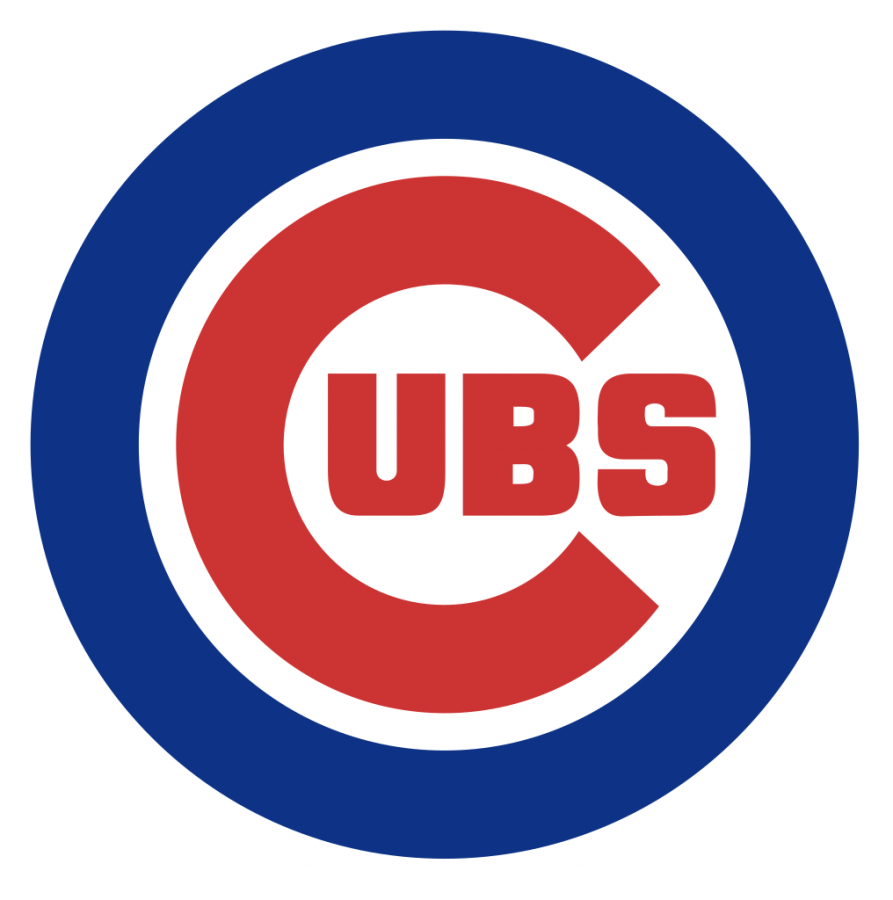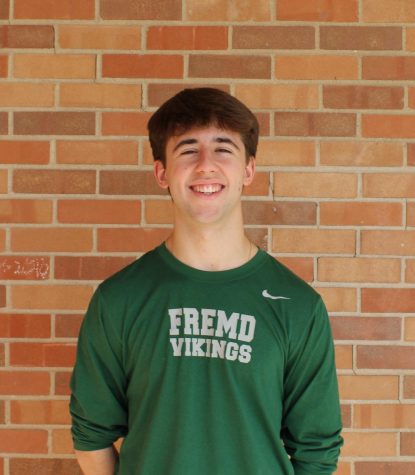2020 MLB Cubs Predictions
March 5, 2020
The Cubs had a 2019 campaign that was labelled by many as disappointing, to say the least. They had enough star power to be winning games, but some areas of the team needed improvement. The lack of bullpen depth, a solid everyday leadoff hitter, and a better second baseman all helped to contribute to the underwhelming record of 84-78 last season. Fans are optimistic after the signing of David Ross to be the new manager, hoping that he and other changes can be difference makers in a more successful season.
Throughout the off-season, one consistent thing has been mentioned over and over again, and that is Kris Bryant’s name. Whether it be about his grievance case regarding service time or trade talks, Bryant’s name has been front and center for news in the Cub fan base and the whole MLB for months. The undetermined grievance verdict also was related to Bryant’s trade value. If Kris Bryant lost his grievance to the Cubs, his trade value would be much higher because of the extra year of control the club has over him. Luckily for the fans and the organization, Bryant lost, making him a Cub until after the 2021 season. This loss would typically cause one to think that Bryant doesn’t want to be playing in Chicago, but really, it’s quite the opposite. Any time a reporter has questioned Bryant’s desire to play in Chicago, he has declined his assumed negativity towards Chicago. He wants to be a Cub for life and remain a core part of winning teams in Chicago for years to come. This is a good sign for Cub fans as Kris Bryant is sure to play well in 2020.
As for trade talks, many rumors have been swirling around about the Cubs during the off-season, also including Willson Contreras. Seeing as Bryant and Contreras are two young, talented players, they could definitely generate a healthy return of value in a trade. But, of course, they are core parts of the Cubs’ star-power and two of their best players, so it doesn’t really make sense to be in talks of a trade… unless they get something great back in return.
As for Kris Bryant, the most heavily talked about trade was him in exchange for Rockies third baseman, Nolan Arenado. Arenado is one of the best third basemen and overall players in the league, so one could definitely make the argument that it would be worth it to trade Bryant for Arenado. However, this was before Bryant’s grievance loss. The grievance being won by the Cubs would result in the Rockies receiving Bryant for the 2020 and 2021 seasons on a very small amount of money, but the Cubs getting Arenado until 2027 for $32.5 million a year. Ultimately, both players are great, but the small amount of money the Cubs are paying Bryant led them to lean towards him rather than adding another large contract on top of Jason Heyward’s enormous $23 million a year.
Trade talks for Contreras, while heavily mentioned, were never totally matched with a buyer or what the Cubs were looking to get in return. I believe the Cubs were considering trading both players, but only to an extent. I also believe that the front office was really trying to show everybody that no one is untradeable. Even some of their best guys were being shopped, so this might’ve been in part a strategy by Theo Epstein or Jed Hoyer to instil some motivation into the rest of the team. This new mindset of how not even the star players are untradeable shows how the front office is going to run things in a different way this season, hopefully for the better.
The biggest, most influential, and most impactful move for the Cubs this offseason was the signing of a new coach in David Ross. Ross last played in the MLB for the Cubs during the 2016 season when they won the World Series, under previous manager Joe Maddon. Since then, he has been working as an analyst and broadcaster for ESPN Baseball and has covered several Cub games. Now, as for managing, fans are expecting a change in the way things are run. There were many common criticisms that plagued Joe Maddon during his time with the Cubs, and they intensified during the past few seasons when the team wasn’t doing as well.
First off, Maddon used many different lineups and shook up who was playing in certain games, in what position, and in what spot in the batting order all the time. Maddon as a manager was very big into analytics which influenced him into starting certain players against certain pitchers, bringing in bullpen pitchers and then bringing them right back out, and making defensive replacements constantly during the game. Looking at analytics is a good thing, but it could be a little much. Ross, however, has already made it clear that he is going to stick with a more structural and routine approach. He plans to use a standard lineup and keep it flowing in a consistent way, nearly day in and day out. This should be better in having a more consistent team as a whole, and it will also benefit the players individually who prefer more balance over chaos.
The other big issue frequently talked about in Joe’s managerial style is his use of the bullpen. Joe Maddon tended to use the same select few bullpen arms in the same situations, over and over again. Basically, Joe was playing favorites. This favoritism led to the same few guys he used being very tired and overworked towards the end of the season, and especially during the postseason. This overuse led to Steve Cishek’s diminishing numbers towards the end of each season as well as the eventual result of the 6’3 170 pound pitcher, Carl Edwards Jr., being run out of Chicago and maybe even baseball. David Ross should be looking to come in and give a more even spread of innings to all the guys in the bullpen. Hopefully, a new approach on the bullpen and its use can help to fix some of the issues it has caused the past few seasons for the Cubs.




